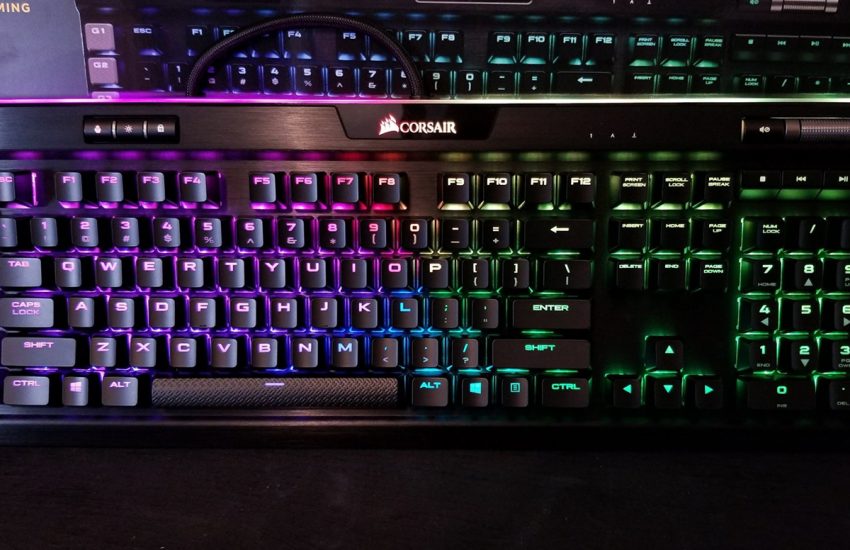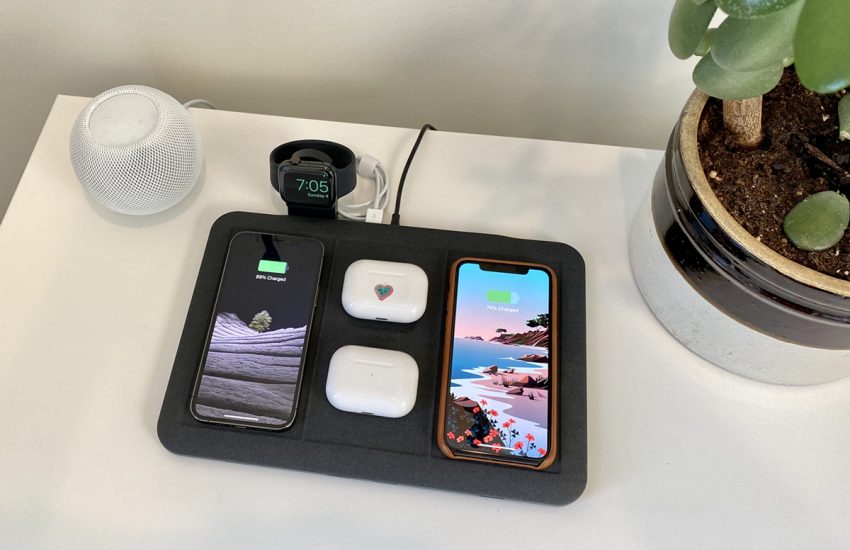Factors To Consider When Buying A Computer Reader
Computer readers are an important tool in the modern world because they allow people to quickly and easily read documents that would otherwise be too long or complex for them to understand.
Computer readers can do more than just read written content; they also often serve as input devices for typewritten text, allowing users to conveniently enter typed information without interfacing directly with the computer itself.
There are many different features, specifications, and qualities to consider when purchasing a computer reader; some people need only the most basic reader model, while others need something more advanced.
1. Paper capacity: Those who often work with bulky, lengthy documents should consider a reader with a large paper capacity.
2. Computer connectivity: It is essential to know how the computer reader will connect to the computer before making a purchase.
3. Compatibility: Although one might assume that all readers are compatible with every computer system available, this is not at all the case.
4. Resolution: A reader’s resolution determines how many text characters it can display at a time, which is measured in pixels per inch (PPI). Higher resolutions are especially important for those who work with complex, detailed documents.
5. Reading speed: Those who need to read faster will benefit from a higher dot per inch (dpi) resolution computer reader.
6. Ease of use: It is important to consider how easy a computer reader is to use before making a purchase, especially for those who have never owned one before.
7. Price: Although higher prices often indicate a better quality product, computer readers are often affordable devices that can easily be found at any office supply store.
8. Warranty: Sometimes computer readers can malfunction and break unexpectedly, especially during times of heavy use. Consider purchasing a reader with a warranty to protect against such situations.
9. Media options: Computer readers often allow users to insert various media types into them, including CDs, DVDs, memory cards, and more.
10. Connectivity options: Wired computer readers are often preferable for those who need to use them in a stationary setting, such as at home or in an office; wireless models are usually preferable for those who need to transport their reader back forth from work.

In conclusion, computer readers come in many shapes, sizes, styles, and specifications. It is important to consider all of the factors discussed above before purchasing.



